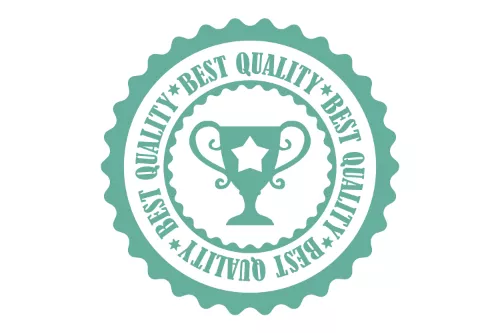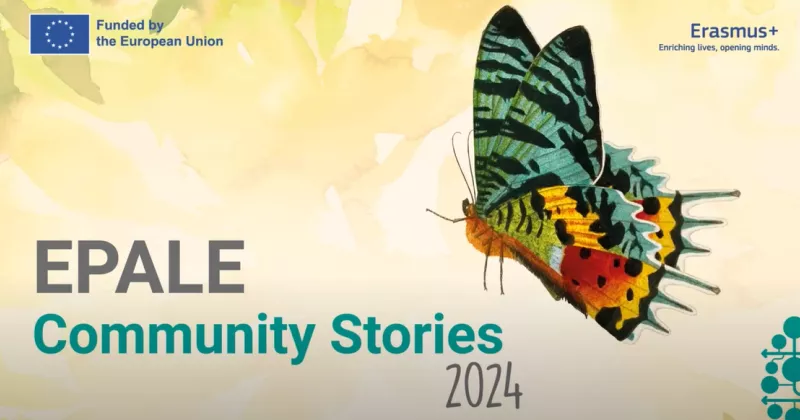Quality in the digital age: Can adult learning cope?


Digital technologies have the potential to have a major impact on curricula, pedagogy and assessment. The most dramatic inroads have arguably been made in higher education but possibilities exist to benefit from their use right across the diverse terrain of adult education. At the same time they raise important issues related to quality which need to be brought to the surface.
Digital technologies impact on learning both through the explosion that has taken place in online content and also through the development of more and new forms of interaction, both between teachers/trainers and learners and amongst learners themselves. The ‘first wave’ of developments – interactive whiteboards, simulations, virtual learning environments etc – has been overtaken by a ‘second wave’ of social media and gaming which has opened up a whole new world of possibilities. Blended learning, the flipped classroom and the co-creation of curriculum content have emerged as key concepts.
Quality challenges
What about quality in this context? If quality adult learning is accessible, relevant, effective, efficient and sustainable, then digital technologies have much to offer. Potentially they make learning more efficient and effective, make it possible to tailor learning more closely to individual needs making it more relevant, and open up possibilities to new learners, increasing accessibility.
But digital technologies also raise critical challenges. How can the best content be identified in a context where it develops so rapidly? Which tools make for a quality learning experience and how can they be combined with traditional approaches? How can we make the benefits available to all learners?
Sadly, the state of play in quality assurance in adult learning across much of Europe raises doubts about whether it can cope with such challenges. Quality systems are quite well-developed in higher and vocational education, but there are big challenges in the non-formal sector. Most countries have piecemeal approaches to quality. This state of play does a disservice to learners, teachers/trainers and providers given the potential impact of digital technologies.
Learners and providers
For learners, there is a risk that there is little more protection than a ‘buyer (or user) beware’ warning which leaves them at the mercy of provision without any quality guarantees. To be sure, there are good examples of online markets generating consumer feedback but learning isn't a simple market. Needs vary. What Lucy in London finds useful, Maria in Madrid may not.
For their part, providers are vulnerable to competition in an online world where consumers cannot easily differentiate provision on quality and price and where online content and learning tools undermine institutional boundaries. Teachers need relevant training to handle changes in how they teach.
The pace of development of systematic approaches to quality across adult learning continues to be slow. Does this mean it will be outpaced by the digital revolution, leaving learners and providers ill-equipped? Perhaps not. But the digital revolution needs to be taken seriously and explicitly brought in to the development of quality systems. What do we need to do to make it happen? Let me know your thoughts in the comments below.
Written by Andrew McCoshan




